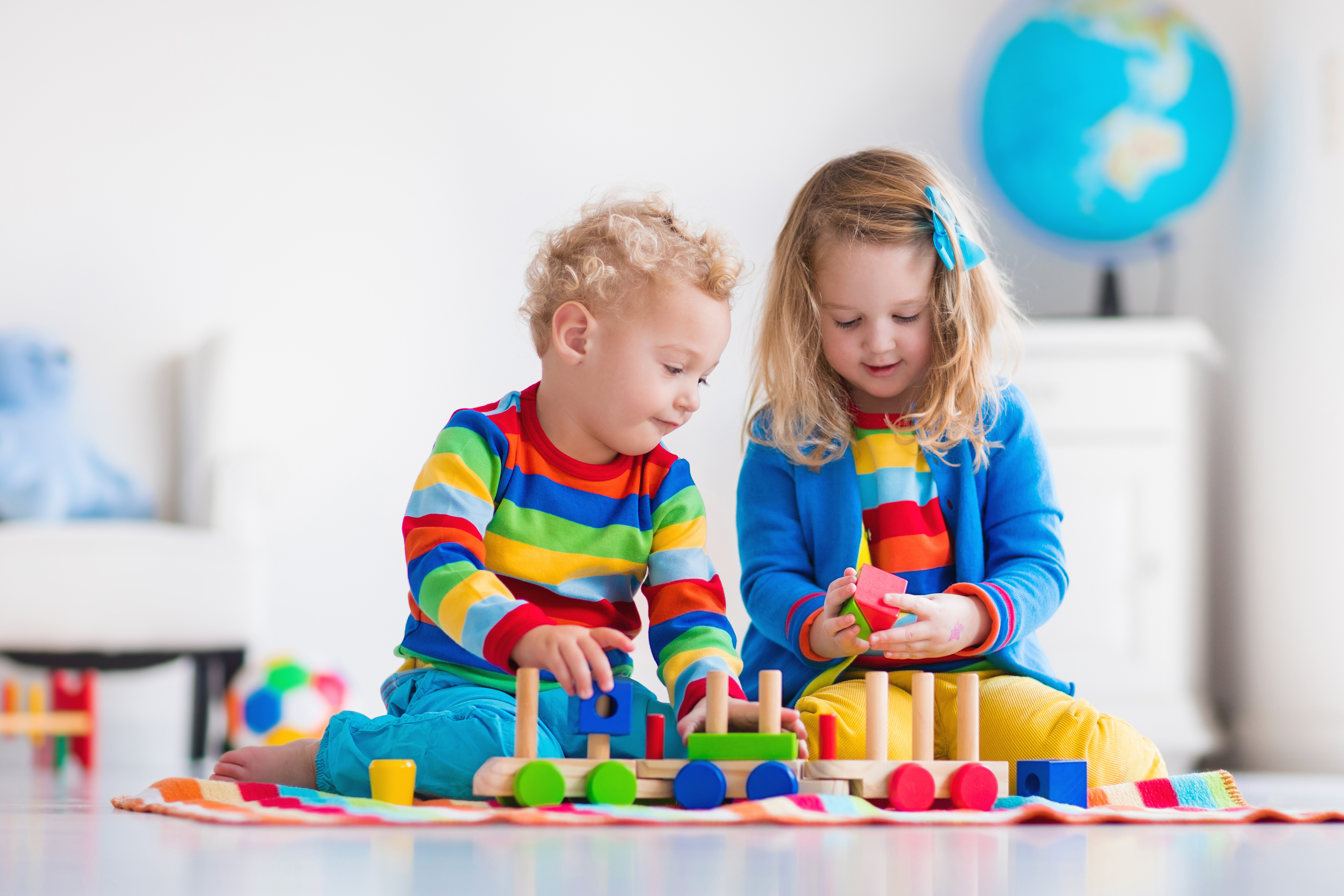It’s no secret that kids learn best through play. From building towers out of blocks to pretending to cook in a play kitchen, children constantly take in new information and develop new skills. However, not all play is created equal. While all forms of play are essential for child development, sensory activities for preschoolers – such as painting, sculpture, and music – offer unique benefits that help promote learning.
Sensory activities help young children explore and interact with their environment in new ways. They stimulate the senses and help kids understand the world around them better. These sensory experiences also help develop important skills such as language, fine motor control, problem-solving, communication, and sensory integration.
One of the most important things you can do for your child’s development is to provide them with opportunities to engage their senses. Sight, smell, touch, taste, and sound are all critical for helping children learn about the world around them. So, what are some of the fun and exciting sensory activities for your preschooler? Take a look at this list!
Play on a sand or water table
A sand or water table is perfect for your child to experiment with texture, temperature, and other sensory properties. Plus, it’s a great way to encourage cooperative play as children work together to build towers or make patterns in the sand. Ready to get started? Here are a few tips:
When setting up your sand or water table, be sure to include plenty of toys and accessories for your child to explore. Shovels, cups, measuring spoons, and funnels are all great items to include. You can also add food colorings or scented oils to the water for an extra sensory experience.
Be sure to supervise your child during playtime, especially if they are still learning to use the supplies safely.
Create sensory bins
Sensory bins are a great way to introduce your child to different textures, smells, and shapes. Fill the bin with items such as rice, cornstarch, uncooked pasta or beans, sand, foam pieces, or even water beads to create an engaging sensory experience for your preschooler. You can also add fun objects like toys or shells for an extra sensory surprise!
Plant a garden
Gardening is a wonderful activity for young children, encouraging them to explore their senses in a natural setting. Not only does gardening provide sensory stimulation through sight and smell (and maybe even taste!), but it also teaches kids important lessons about nature and responsibility. Tending to a garden can be a calming and therapeutic experience for children and adults alike.
Paint with sensory tools
Try painting with everyday household items such as cotton balls, brushes, sponges, or even feather dusters – all of which offer different tactile experiences! Add scents like vanilla extract or lemon juice to the paint for an extra sensory surprise, or introduce new colors by adding food coloring.
Explore nature
Exploring nature is another exciting sensory activity for preschoolers. Take your child on a walk and encourage them to identify objects in their environment through sight, smell, touch, sound, and other sensory cues. Look for things like leaves, rocks, flowers, and more. Be sure to bring along a bag or basket so your child can collect natural items from their adventures.
Pound soft clay or dough with rolling pins or cookie cutters
Let your child explore texture and sensory awareness by pounding soft clay or dough with rolling pins, cookie cutters, and other kitchen items. You can also add different colors of paint or glitter to the dough for an extra sensory experience!
Make a sensory bin maze
Sensory bin mazes are a great way to encourage sensory exploration and problem-solving skills in young kids. Create a maze of items like foam pieces, marbles, blocks, or even small balls – all of which will provide your child with plenty of tactile stimulation as they solve the puzzle.
Go on a nature scavenger hunt
Take your child on a sensory-filled scavenger hunt outdoors! Come up with a list of items they need to find in nature. These can include feathers, stones, leaves, bark, flowers, and more. As your child collects the items on their scavenger hunt list, encourage them to explore each object with their sensory awareness.
Experiment with heat and cold
Exploring temperature is a great way for children to learn about sensory stimulation. Try freezing small toys or ice cubes in water for a fun sensory experience or warm-up play dough and have your child squeeze it through their fingers for an extra sensory surprise! Be sure to supervise your preschooler during these activities, as hot objects can pose a safety hazard.
Create sensory bottles
Did you know that sensory bottles are an easy and fun sensory activity for preschoolers? Simply gather a few empty bottles, fill them with sensory items like glitter, beads, or shells and add water. Once the bottle is sealed shut, your child can explore the sensory properties of each item in the bottle!
Play with scented playdough
Scented play dough is a great way to introduce sensory stimulation to young kids. You can make your own play dough at home or purchase ready-made scented play dough from a store. Be sure to choose non-toxic materials like food coloring and essential oils to create a safe sensory experience for your preschooler.
Make an edible sensory bin
Edible sensory bins are a great way to engage your preschooler’s sensory awareness while teaching them about healthy eating habits. Create a sensory bin with items like small fruits, vegetables, and nuts. Allow your child to explore each item using their sensory perception; they can smell, touch, taste, and listen to the different items in the bin!
These sensory activities for preschoolers are a great way to introduce sensory stimulation in a fun and engaging manner. Help foster your child’s exploration of their senses through these creative and exciting activities!
Here at Young Scholars Academy, we aim to create an engaging learning environment, filled with meaningful fun activities that create such big memories, your kids will happily remember throughout the years! We pride ourselves in the quality of our establishment and maintain an environment that is clean, safe and loving for all. Our classrooms provide every child a place where they can explore, discover and enjoy learning through kinesthetic experiences. Visit us to learn more!

